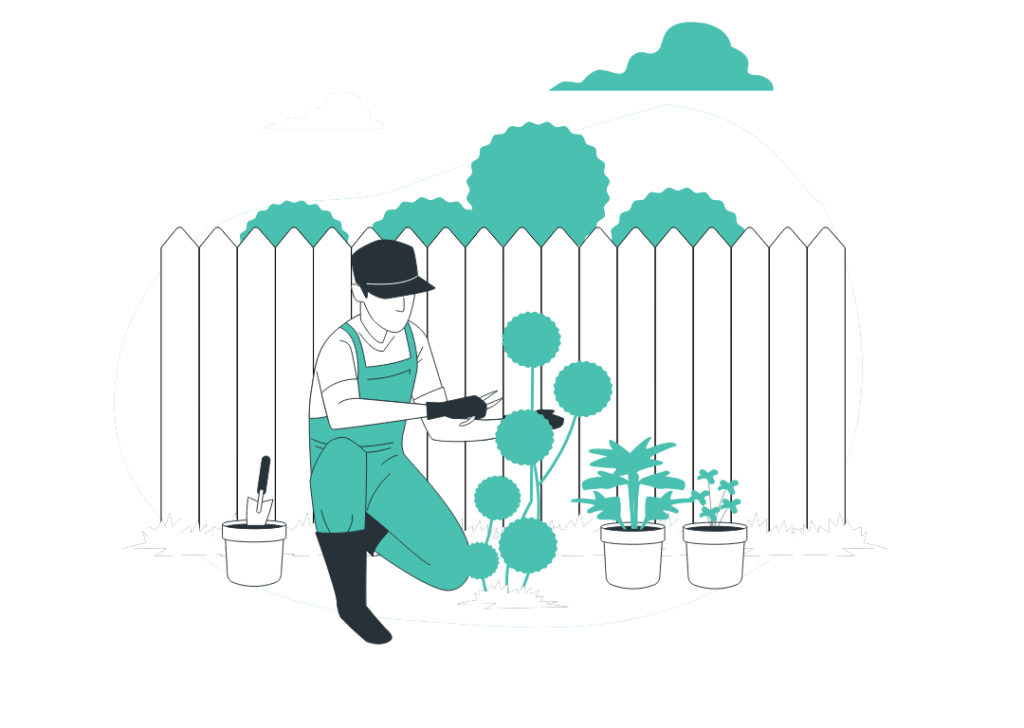
I Miss Who She Was And What We Did Together
Steve cared for his wife, who had Primary Lateral Sclerosis, for 15 years when she suddenly had a stroke. That was a wake-up call.

Heidi brought her mom, who has dementia, to stay with her husband and family at home after her father could no longer provide care. Heidi brings light to the cost of quality care for extended periods of time, how power naps may be your best friend, and the importance of tending to your marriage while caregiving. This is Heidi's story.
As told to Open Caregiving and lightly edited to enhance readability while preserving the author’s voice.
Hi, my name is Heidi. I’m a 56-year-old woman living in Indiana. I’m part of the Baby Boomer generation but on the cusp of Gen X. I have a more traditional worldview, like many Boomers, but I share some traits of Gen X. I married and had children later, am fairly savvy with technology, and believe religion is very important. I have been caring for my elderly mother, who has dementia, for the past three years and I also care for my two young adult children with special needs.
When my mom first took ill about seven years ago, she was living with my father in their home in Georgia. It quickly became clear that he was unable to care for her and had to place her in a memory care facility. I traveled to them about once a month, as did my other sisters. It was difficult to do this while tending to my own family and holding down a job as an acquisitions editor for a religious book publisher.
So in 2017, my husband and I brought my mom to live with us. I subdivided my basement office so she could have a quiet place of her own. My youngest sister is tending to my dad in Georgia, and my other two sisters help as they are able. It’s not a perfect setup. Mom hated leaving behind her faith community and circle of friends, but it has been working.
My mother and I now have a better relationship than we’ve had in many years. I consider myself very blessed because of this. I often hear horror stories of caregivers who are being abused by the people they are trying to help, very often at great personal expense. Fortunately for me, her illness has made her sweeter and more accommodating than I remember her being when I was younger. One of the greatest obstacles was an issue of faith. I became Catholic in my 30s, to the great consternation of my mother who was a die-hard Baptist. But I think the support that my family has given to her, and the love of our pastor and parish, has really changed her heart. About a year ago she decided to become Catholic, too. It was a great privilege to walk with her on that journey.
The costs of quality institutional care for an extended period prompted me to step in to become her caregiver. After three years of attempting to pay for mom’s care out of pocket, my father simply could not continue even with our support.
Fortunately, Indiana has an excellent program called St. Joseph PACE that assists families of indigent patients with dementia or Alzheimer’s, providing wrap around services that enable the elderly clients to remain at home. This program has enabled me to tend to my mother while still balancing the needs of my immediate family and my career. Because my husband is significantly older than me, it is important that I continue to work.
I don’t know if this is true of all, but it was certainly true in my case. You never lose the need to be needed. When her auditory hallucinations would make her suspicious and angry, I quickly learned to ask her to help me with something and the mood would shift. Affirming her identity as a mother was one important way to preserve her dignity as a human being so when that gets rocky, dragging out childhood songs, pictures, and memories has helped a great deal. Praying with her and reading to her has also helped us to enjoy the time we’ve had together.
How much caring for a dementia patient is like caring for a toddler (again). From the helping in the bathroom with bathing and toileting, to the decline in fine motor skills that makes it hard to write and cut up food, to the need to pack a bag to take with us everywhere we go (spare clothes, undergarments, snacks, drinks, etc.), to the simple joys of experiencing nature and music. All these things have reminded me of the years I spent raising my two children. Acknowledging it has saved a lot of frustration, too.
I’ve learned to conserve my energy. I pay someone to clean the house and to come in a few times a week to give mom baths and do her hair so I can work undisturbed. I feel blessed because we have resources to do this because of mom’s social security check.
To be honest, I’m not sure I am always very good at the self-care component. I don’t exercise enough and watch too much TV with a glass of some adult beverage in hand! I also don’t always get the sleep I need for a variety of reasons. But (again, like parents of young children) I’ve rediscovered the rejuvenating effect of a power nap!
For those from a Catholic or Christian background, I’d encourage you to check out the online resource called “Nourish for Caregivers” by Deb Kelsey-Davis and Kelly Johnson. Their new prayer journal was just published by Ave Maria Press, called The Caregiver’s Companion: A Christ-Centered Journal to Nourish Your Soul.
If you are married, as I am, be sure to tend to your marriage first and foremost. These other relationships will become less intense over time, but you need to be working as partners to make decisions and “spell” each other as needed. Also, give yourself a break, even if others in your family are critical. Remind yourself you are doing your best, and God sees your heart.
Write down the stories as they happen. Life moves so quickly, and the quiet moments that you will most want to remember will be gone in an instant if you don’t write them down.

Steve cared for his wife, who had Primary Lateral Sclerosis, for 15 years when she suddenly had a stroke. That was a wake-up call.

Melissa noticed her mom's forgetfulness and frequent trouble finding her way home from familiar places.

Irving started taking care of his family as a teenager. As his parents developed health problems, he also became their caregiver.